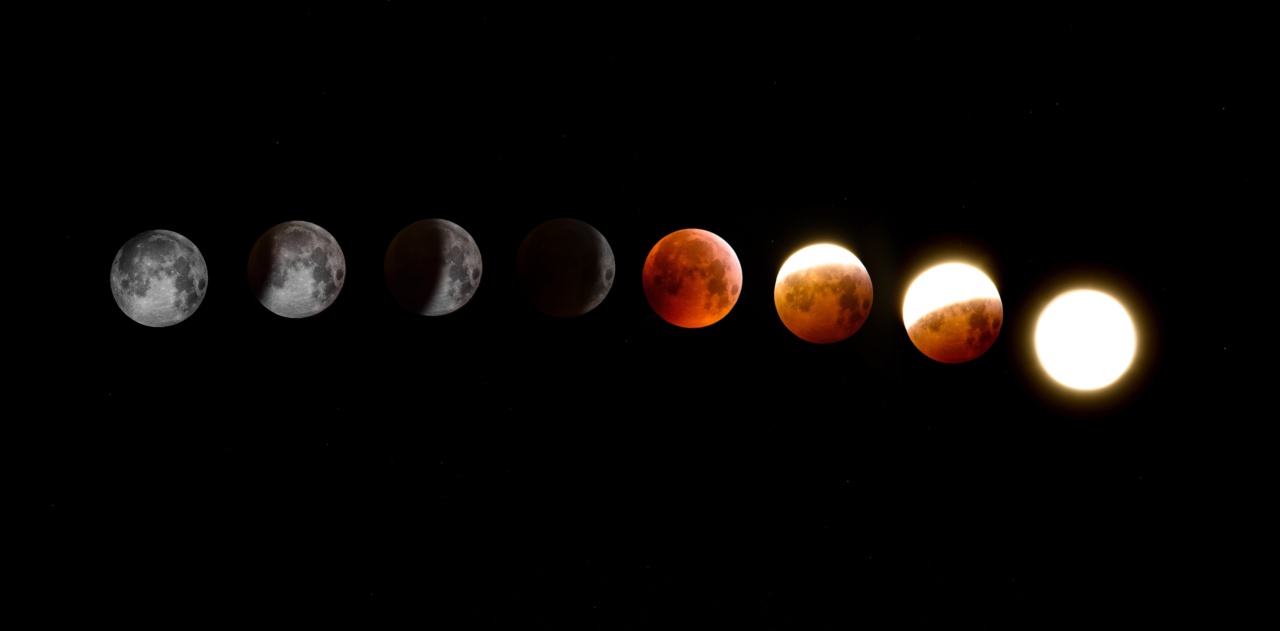Sleep is an essential aspect of our lives that contributes to our overall well-being and health. However, there are times when we may find ourselves tossing and turning, unable to fall asleep or stay asleep throughout the night.
One factor that has been linked to disturbances in our sleep patterns is the presence of a full moon. While this connection may seem mysterious or even superstitious, there is scientific evidence to support the influence of the full moon on our sleep. In this article, we will explore the research surrounding the science behind the full moon and sleep.
What is a Full Moon?
Before delving into the relationship between the full moon and sleep, it is important to understand what a full moon actually is. A full moon occurs when the moon is completely illuminated and appears as a circular disc in the night sky.
It takes approximately 29.5 days for the moon to complete its lunar cycle and return to the full moon phase.
The Lunar Influence on Sleep
For centuries, people have reported experiencing sleep disturbances during the full moon phase. These disturbances often involve difficulty falling asleep, lighter and more fragmented sleep, and increased wakefulness during the night.
While anecdotal evidence has long suggested a connection between the full moon and sleep disturbances, scientific studies have sought to explore this relationship more deeply.
The Role of Moonlight
One possible explanation for the impact of the full moon on sleep is the presence of moonlight.
Moonlight can affect our sleep because it can disrupt our natural circadian rhythm, which is our internal biological clock that regulates our sleep-wake cycle. Exposure to bright light, including moonlight, suppresses the production of melatonin, a hormone that helps to regulate sleep.
The Influence of Gravity
Another theory that has been proposed is that the gravitational pull of the moon during the full moon phase may affect our sleep.
The moon’s gravitational force is responsible for the ocean tides, and some researchers suggest that it may also influence the fluids within our bodies, including the cerebrospinal fluid that surrounds our brain and spinal cord. This could potentially lead to changes in our sleep patterns.
Scientific Studies and Findings
Several studies have been conducted to investigate the relationship between the full moon and sleep.
One study published in the journal Current Biology found that participants took an average of five minutes longer to fall asleep, experienced a 30% decrease in deep sleep, and reported feeling less rested during the nights leading up to and after a full moon.
Another study published in the journal Sleep Medicine involved the analysis of sleep data from over 1,200 participants.
The researchers found that sleep duration, efficiency, and quality were significantly lower during the nights surrounding a full moon compared to other lunar phases.
The Impact on Different Populations
Interestingly, the impact of the full moon on sleep may vary among different populations.
For example, a study conducted on children found that they experienced a reduction in the amount of deep sleep during the nights leading up to and after a full moon. On the other hand, a study involving individuals with mental illness found that there was no difference in sleep patterns between the full moon and other lunar phases.
Possible Explanations
While the exact mechanisms behind the full moon’s influence on sleep are not yet fully understood, researchers have proposed several possible explanations.
One theory suggests that our ancestors may have evolved to be more vigilant and alert during the full moon in order to protect themselves from predators or navigate in low-light environments. This ancestral adaptation could still persist in our biology today, leading to sleep disturbances during the full moon.
Another hypothesis is that the full moon may disrupt the synchronization of our internal circadian rhythm with external cues, such as light and darkness. This misalignment could result in sleep disturbances and affect our overall sleep quality.
Managing Sleep During the Full Moon
If you find that you experience sleep disturbances during the nights surrounding a full moon, there are several strategies you can try to improve your sleep:.
1. Create a Sleep-Friendly Environment: Ensure that your bedroom is dark, quiet, and cool to optimize your sleep environment. Consider using blackout curtains or an eye mask to block out any moonlight or other sources of light.
2. Stick to a Consistent Sleep Schedule: Establishing a regular sleep routine can help regulate your circadian rhythm and improve your sleep quality.
Try to go to bed and wake up at the same time each day, even during weekends and holidays.
3. Limit Exposure to Electronics: The blue light emitted by electronic devices, such as smartphones and tablets, can interfere with your sleep by suppressing melatonin production.
Avoid using electronic devices for at least an hour before bedtime.
4. Practice Relaxation Techniques: Engaging in relaxation techniques, such as deep breathing exercises or meditation, can help calm your mind and prepare your body for sleep.
Consider incorporating these practices into your bedtime routine.
5. Consult with a Sleep Specialist: If you consistently struggle with sleep disturbances, it may be beneficial to consult with a sleep specialist.
They can assess your sleep patterns, identify any underlying sleep disorders, and provide tailored recommendations to improve your sleep quality.
The Fascinating Connection
While the link between the full moon and sleep disturbances may still seem mysterious, scientific research has shed light on a potential connection.
The presence of moonlight and the gravitational pull of the moon during the full moon phase can influence our sleep patterns and quality. By understanding this connection, we can employ strategies to better manage our sleep during the nights surrounding a full moon.
Ultimately, further research is needed to unravel the intricacies of this fascinating relationship and its implications for our well-being.






























